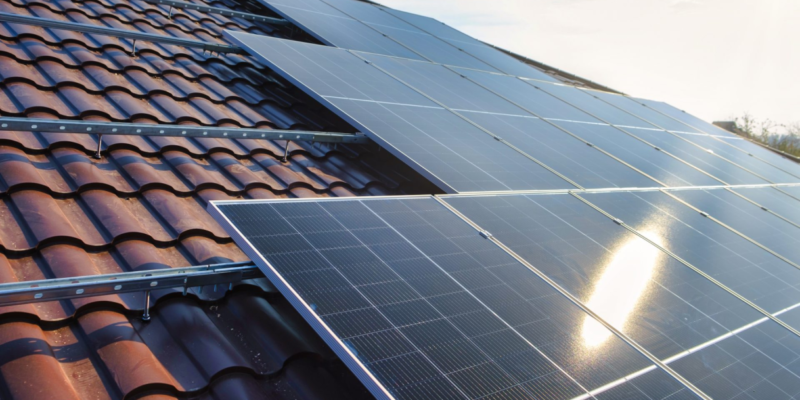In today’s age of renewable energy, solar power has emerged as a popular choice for homeowners looking to reduce their carbon footprint and save on electricity bills. However, understanding how to read your electric bill with solar can be daunting at first glance. Fear not! In this guide, we’ll break down the components of your electric bill and show you how solar can impact your overall expenses.
Understanding Your Electric Bill
Firstly, let’s dissect a typical electric bill. You’ll usually find details such as the billing period, your account information, and a breakdown of charges. Key components include the electricity usage measured in kilowatt-hours (kWh), the rate you’re charged per kWh, and additional fees or taxes.
Impact of Solar on Your Electric Bill
With solar, your bill might look different. If you’ve installed solar panels, you might notice a decrease in the amount of electricity you’re purchasing from your utility company. This reduction in usage is reflected in your bill, often labeled as “Net Energy Metering” or something similar.
Understanding Net Metering
Essentially, you’re credited for the excess electricity your panels generate and feed back into the grid. Understanding this credit is crucial. It means that during sunny days when your panels produce more electricity than you consume, you’re essentially banking credits that can offset your usage during periods of low solar generation, such as at night or during cloudy days. This is known as “net metering.”
Maximizing Savings with Solar
To maximize your savings, it’s essential to monitor your solar production and usage patterns. Many solar systems come with monitoring apps or devices that allow you to track how much energy your panels are producing in real-time. By aligning your energy usage with peak solar production times, you can further reduce your reliance on grid electricity and optimize your savings.
Understanding Utility Policies
Additionally, familiarize yourself with your utility’s billing policies regarding solar. Some utilities offer incentives or special rates for solar customers, while others may have specific regulations regarding net metering.
Conclusion
Reading your electric bill with solar doesn’t have to be complicated. By understanding the basics of net metering, monitoring your energy production, and staying informed about utility policies, you can harness the full potential of solar power to lower your electricity bills and contribute to a greener future.
This post was written by Daniel Massaad, owner and expert solar technician at Energy Solutions Direct! ESD is the top choice for solar panel installation Tampa! Our licensed and certified contractors are masters of their craft; with years of experience servicing the great Tampa Bay area and beyond, the choice is simple. ESD excels at offering you the best in solar value!


















Comments